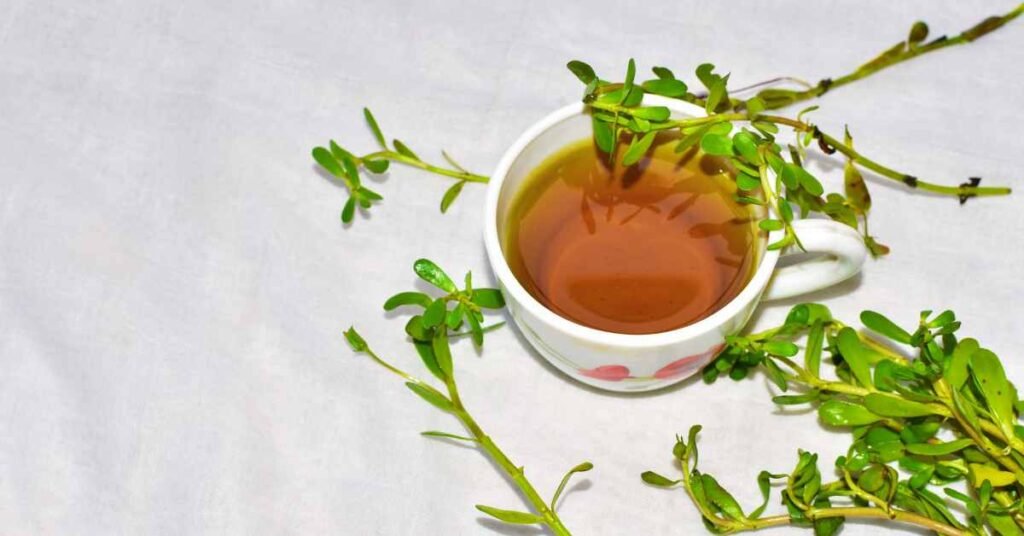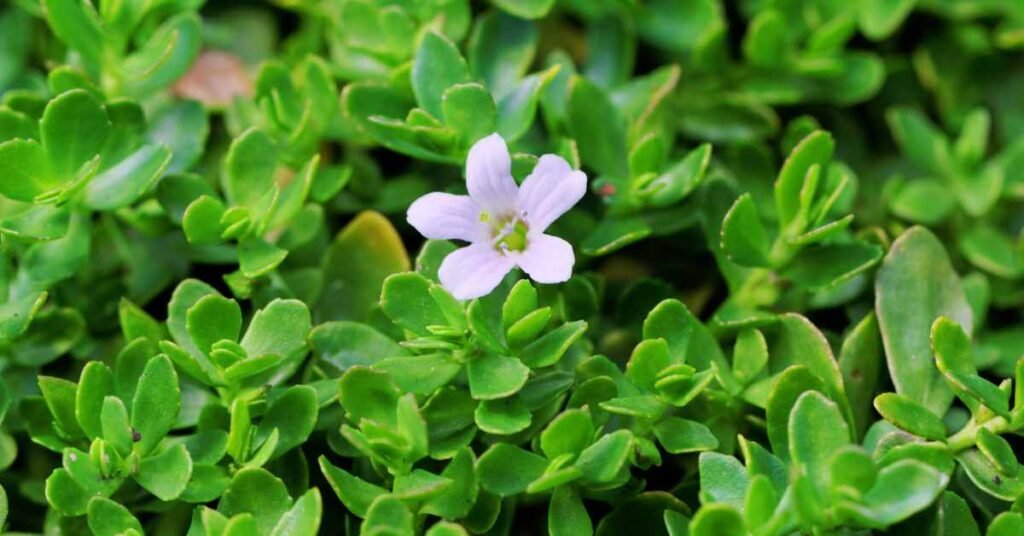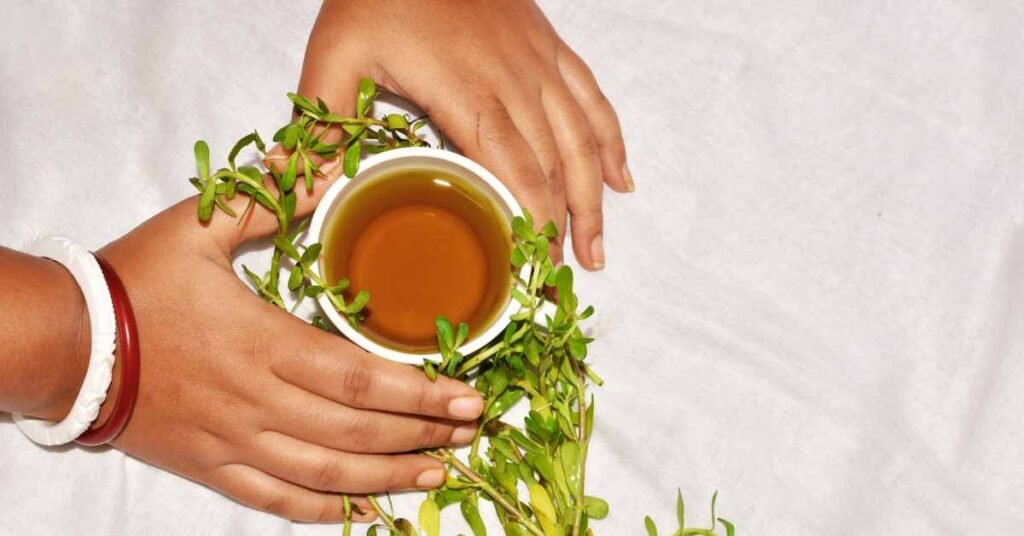In the world of herbal teas, Brahmi tea stands out as a unique and revered beverage with a rich history and a plethora of health benefits.
Derived from the Brahmi plant, also known as Bacopa monnieri, this tea has been cherished for centuries for its potential cognitive and wellness-enhancing properties.
In this comprehensive guide, we will explore the origins, health benefits, preparation methods, and potential side effects of Brahmi tea.
Origin and History

Brahmi, native to the wetlands of India, has a long history of traditional use in Ayurvedic medicine.
The plant’s scientific name, Bacopa monnieri, is derived from the ancient Hindu word “Brahmi,” which is associated with the supreme god Brahma.
The leaves of the Brahmi plant have been used for centuries in Ayurvedic practices to enhance memory, reduce stress, and promote overall well-being.
Health Benefits of Brahmi Tea
Cognitive Enhancement
One of the key benefits associated with Brahmi tea is its potential to enhance cognitive function.
The active compounds in Brahmi, known as bacosides, are believed to have neuroprotective effects, supporting brain health and improving memory and concentration.
Stress Reduction
Brahmi has adaptogenic properties, meaning it may help the body adapt to stress and promote a sense of calmness.
Regular consumption of Brahmi tea is thought to modulate the stress response and alleviate symptoms associated with anxiety and tension.
Anti-Inflammatory Effects
The presence of antioxidants in Brahmi contributes to its anti-inflammatory properties. These antioxidants help neutralize free radicals in the body, potentially reducing inflammation and protecting against chronic diseases.
Immune System Support
Some studies suggest that Brahmi may have immunomodulatory effects, meaning it could help regulate the immune system. By supporting immune function, Brahmi tea may contribute to overall health and well-being.
Cardiovascular Health

Preliminary research indicates that Brahmi may have positive effects on cardiovascular health by reducing blood pressure and improving lipid profiles. However, more studies are needed to fully understand the extent of these benefits.
How to Prepare Brahmi Tea
Brahmi tea can be easily prepared at home using dried Brahmi leaves or Brahmi tea bags. Here’s a simple recipe to make a soothing cup of Brahmi tea:
Ingredients:
- 1 teaspoon dried Brahmi leaves
- 1 cup of hot water
- Honey or lemon (optional, for taste)
Instructions:
- Boil water and let it cool for a minute to reach the optimal temperature for brewing tea (around 80-85°C or 176-185°F).
- Place the dried Brahmi leaves or tea bag in a teapot or cup.
- Pour the hot water over the Brahmi leaves.
- Allow the tea to steep for 5-7 minutes to extract the beneficial compounds.
- Optional: Add honey or lemon for flavor.
- Strain the tea if using loose leaves, and enjoy!
Potential Side Effects and Precautions
While Brahmi tea is generally considered safe for most people when consumed in moderation, it’s essential to be aware of potential side effects and take precautions:
Pregnancy and Breastfeeding: Pregnant and breastfeeding women are advised to consult their healthcare provider before consuming Brahmi tea, as its safety during these periods is not well-established.
Allergic Reactions: Individuals with known allergies to plants in the Scrophulariaceae family, such as snapdragons and foxgloves, should exercise caution when trying Brahmi tea.
Interactions with Medications: Brahmi may interact with certain medications, including sedatives and medications for thyroid disorders. It’s crucial to consult a healthcare professional if you are on medication before incorporating Brahmi tea into your routine.

Digestive Issues: Some individuals may experience mild digestive discomfort, such as nausea or stomach cramps, after consuming Brahmi tea. If these symptoms persist, it’s advisable to discontinue use and consult a healthcare professional.
Final Word
Brahmi tea, derived from the Bacopa monnieri plant, offers a fascinating blend of tradition and modern science.
Its potential cognitive and wellness benefits, coupled with its rich history in Ayurvedic medicine, make it a noteworthy addition to the world of herbal teas.
As with any herbal remedy, it’s essential to approach Brahmi tea with awareness and, when in doubt, consult with a healthcare professional to ensure it aligns with individual health needs.
So, whether you’re seeking to boost your cognitive function or simply enjoy a moment of tranquility, Brahmi tea might just be the herbal elixir you’ve been looking for.
MEDICAL DISCLAIMER
Itsnevernotteatime.com cannot and does not contain medical/health advice. The medical/health information is provided for general and educational purposes only and is not a substitute for professional advice.




